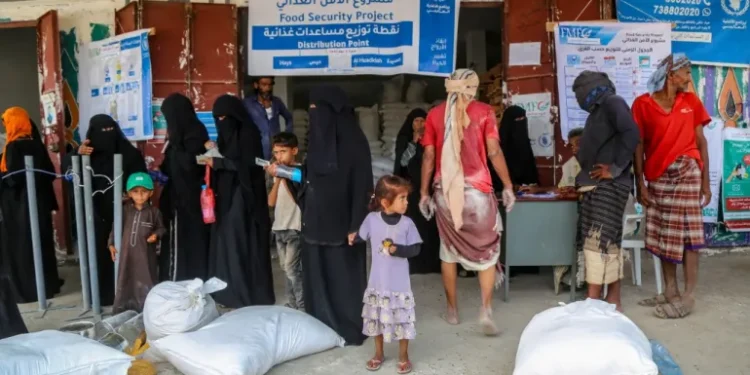The Human Rights Division of the Accra High Court has dismissed a judicial review application filed by Ghana’s suspended Chief Justice, Justice Gertrude Araba Esaaba Sackey Torkornoo, describing it as an “abuse of court processes” and stating that the court lacked jurisdiction to entertain the matter.
The ruling marks yet another legal setback for the embattled Chief Justice in her ongoing attempt to overturn her suspension and halt proceedings seeking her removal from office.
The court’s use of the term “abuse of court processes” reflects a serious indictment of Justice Torkornoo’s legal strategy. In legal parlance, this expression refers to the misuse of judicial procedures to harass, delay, or obstruct justice for ulterior motives rather than to secure a legitimate remedy.
By invoking this standard, the High Court made clear that it considered the Chief Justice’s application to be not just unmeritorious, but deliberately obstructive.
Although the full written judgment is still pending, the ruling suggests the court viewed the judicial review application as an attempt to frustrate the constitutional process that is currently underway to investigate the allegations against her.
The court’s outright dismissal also signals a further narrowing of legal options available to Justice Torkornoo, whose efforts to challenge her suspension and the broader proceedings have repeatedly faltered in Ghana’s domestic courts.

The ruling follows a series of legal defeats for the suspended Chief Justice, who was officially suspended on April 22, 2025, by President John Dramani Mahama after a prima facie case was established against her based on three separate petitions.
The President’s decision to suspend Justice Torkornoo also came with the establishment of a high-level investigative committee to look into the substance of the petitions.
The suspension triggered intense national debate, with many observers questioning the political, legal, and institutional implications of the move.
Supporters of the President’s decision have argued that no public official, including the Chief Justice, is above scrutiny or constitutional accountability. Critics, however, have raised concerns about executive overreach and the independence of the judiciary.
Justice Torkornoo, for her part, has maintained that the process leading to her suspension was unconstitutional and a violation of her fundamental rights. Her legal team has filed several lawsuits challenging both the suspension and the process of investigation.
These include notable cases such as Justice Gertrude Araba Esaaba Torkornoo v The Attorney-General & 5 Others (Suit No. J8/113/2025), and other related suits brought by individuals and civil society groups like CenCes v The Attorney-General & 2 Others (Suit No. J1/20/2025).

Others include Vincent Ekow Assafuah v The Attorney-General (Suit No. J1/18/2025), Ebenezer Osei-Owusu v The Attorney-General (Suit No. J1/19/2025), and Theodore Kofi Atta-Quartey v Attorney-General (Suit No. J8/109/2025).
To date, with the exception of the case filed at the ECOWAS Community Court of Justice in Abuja, Nigeria, all domestic cases have been decided in favour of the state, affirming the legality of the President’s actions and the ongoing investigations.
The ECOWAS case remains pending, with no fixed date yet announced for judgment. Despite these legal challenges, the high-level committee set up by the President continues its work.
READ ALSO: BoG Moves to Hedge Gold Reserves to Tackle Price Volatility























